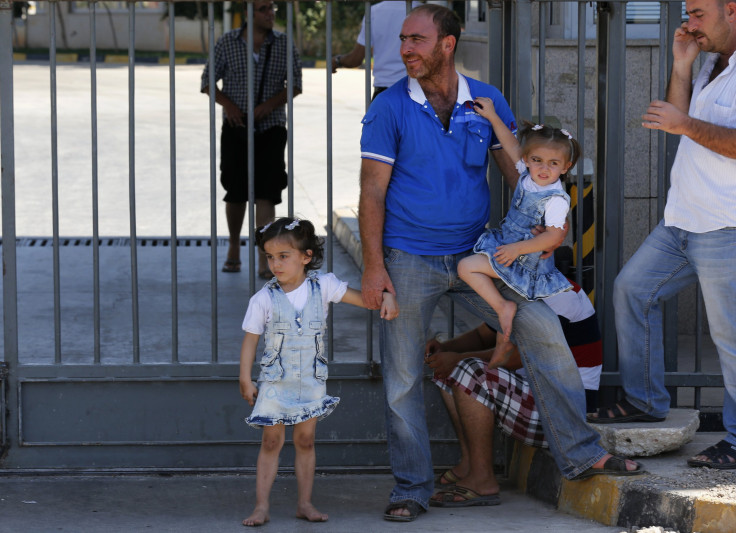Obama Joins Assad And Putin In Hailing Deal That Averts Imminent US Strikes; Says Ultimate Goal Is To Avert More Sarin Gas Attacks

This weekend’s diplomatic breakthrough on Syria’s chemical weapons is being hailed a win-win-win, with Russia, the U.S. and the regime of President Bashar Assad welcoming a deal that averts U.S. military strikes in return for an eventual transfer of the country’s chemical weapons stockpile to international control for eventual destruction.
The only losers, it seems, are Syrian civilians and rebel forces, comprised of a mix of Syrian nationalists and al-Qaeda-affiliated militant jihadists, who continued Sunday to face the brutal civil war with or without the use of deadly sarin gas. Reuters reported new regime attacks on rebel suburbs of Damascus Sunday.
President Barack Obama said Sunday morning on ABC’s “This Week” that the goal of his administration is to ensure chemical weapons are never used again in the Syrian civil war, rather than determining who wins.
“We have the possibility of making sure it doesn’t happen again,” he told the show’s host, George Stephanopoulos. “If that goal is achieved, then it sounds to me like we did something right.”
The U.S. and Russia agreed on Saturday to a deal would transfer Syria’s chemical weapons stockpile, estimated by the U.S. to be about 1,000 tons’ worth, to international control by the middle of 2014. The Syrian goverment has been given a week to provide an inventory of its stockpile. Under the deal, inspectors would arrive in November. The agreement averts, for now, a U.S. military response that Russia and China oppose and the U.K. refuses to participate in.
A top Syrian official hailed the deal reached between the U.S. and Russia as a “victory.”
Meanwhile, Syrian civilians are left fighting for survival in refugee camps or in the country, attempting to dodge conventional weapons attacks from all sides of the conflict.
© Copyright IBTimes 2025. All rights reserved.





















